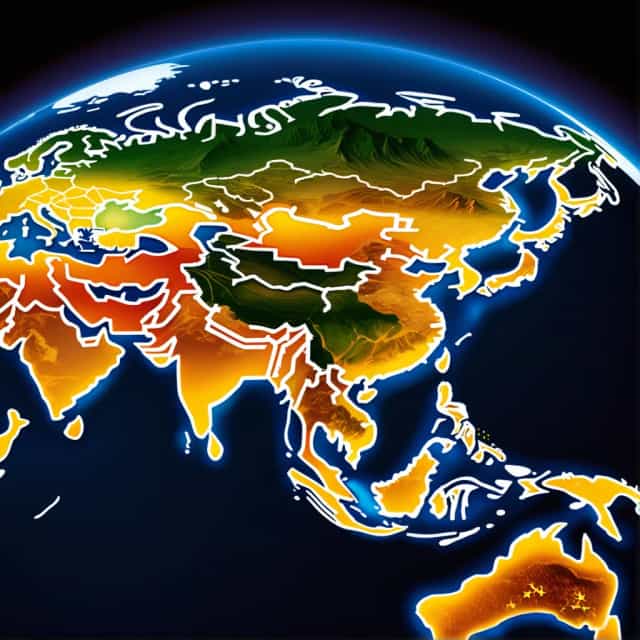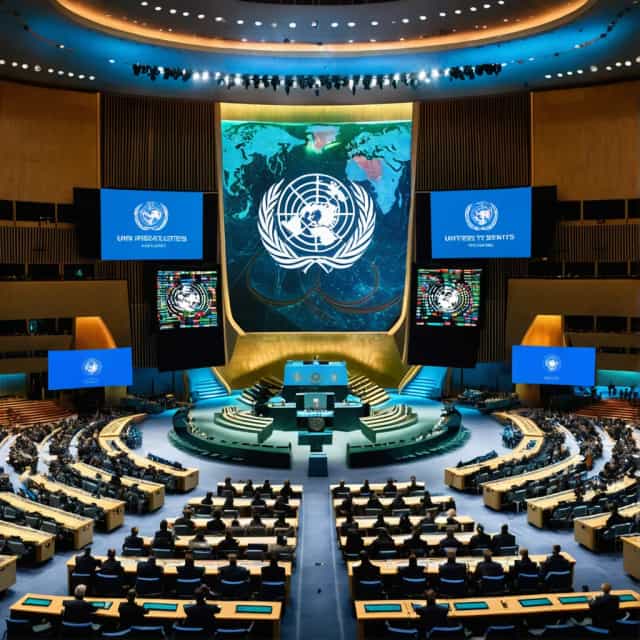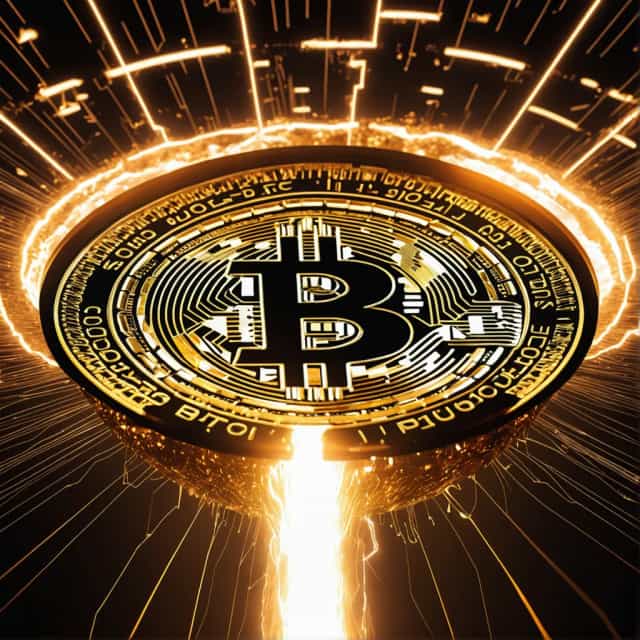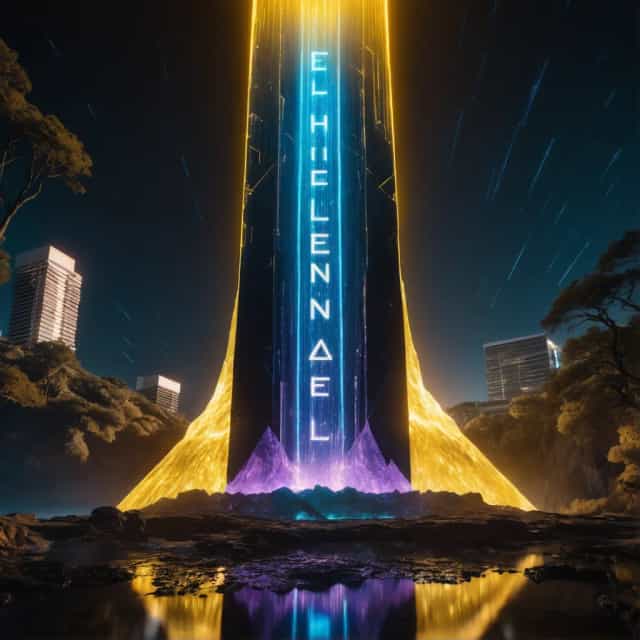![[H-1B Visa Spotlight] ③ Why Musk's Outburst Signals a 'Brain Drain' Crisis](/_next/image?url=https%3A%2F%2Fwww.blockmedia.co.kr%2Fwp-content%2Fuploads%2F2025%2F06%2F%25ED%258A%25B8%25EB%259F%25BC%25ED%2594%2584_%25EB%25A8%25B8%25EC%258A%25A4%25ED%2581%25AC_%25EC%25A3%25BC%25EB%25A8%25B9_%25EC%25A0%2581%25EB%258C%2580%25EC%25A0%2581_3.png%3Fformat%3Dwebp%26width%3D600&w=1200&q=70)
Image source: Block Media
Trump’s Push to Restrict H-1B Visa Sparks Debate on U.S. Innovation and Competitiveness
Former President Donald Trump’s efforts to restrict the H-1B visa program ignited a contentious debate over its impact on innovation, economic growth, and the balance between prioritizing American workers and fostering global talent. Initially, Trump's dissatisfaction with how tech corporations utilized H-1B visas to hire foreign workers fueled attempts to restrict the program. Early resistance from industry leaders, including Elon Musk, temporarily stalled these efforts, but reforms were eventually implemented after Musk departed from his advisory role in the administration, reshaping the visa landscape.
Understanding the H-1B Visa’s Critical Role in U.S. Innovation
The H-1B visa program has long been a cornerstone of the United States’ technological and economic dynamism. It enables American companies to hire highly skilled foreign professionals, particularly in the tech industry, to address critical talent shortages and drive innovation. Major users of the program include technology giants such as Amazon, Google, Microsoft, Apple, Meta Platforms, Tata Consultancy Services, and consulting firms, all of which depend on skilled overseas talent to remain globally competitive.
Advocates of the H-1B program emphasize its undeniable benefits to the U.S. economy. Many visa recipients are graduates of top-tier U.S. universities and outperform their peers in securing patents and delivering exceptional professional contributions. Studies reveal that startups employing foreign-born talent are more likely to obtain funding and patents, catalyzing market competitiveness and technological advancement. The productivity and expertise of these professionals often result in cost savings for consumers while fostering an innovation-rich ecosystem.
However, industry leaders caution that scaling back visa opportunities for global talent could undermine U.S. leadership in innovation. In an age marked by rapid technological development, failing to attract the “best and brightest” talent worldwide could cripple economic growth and restrict advancements in critical sectors like artificial intelligence (AI), green technology, and advanced manufacturing. Persistent labor shortages, such as those highlighted by hiring challenges at Hyundai’s Georgia-based battery facility, further underscore the urgent need for a robust talent pipeline.
Proposed reforms under Trump’s administration, such as levying a $100,000 fee per worker on companies hiring H-1B beneficiaries, drew sharp criticism. Industry stakeholders argued that such measures would effectively block U.S. firms from accessing top-tier international talent, leaving them vulnerable to growing competition from global companies better positioned to recruit the specialized workforce needed to sustain innovation.
Elon Musk’s Advocacy for Skilled Immigration
As an ardent proponent of skilled immigration, Tesla CEO Elon Musk has played a pivotal role in shaping the dialogue around H-1B visa reforms. Musk has consistently championed high-skilled immigration as a solution to the growing talent shortages within the tech industry. According to Musk, the ability to attract and retain exceptional talent from across the globe remains vital to the United States’ competitiveness.
Musk’s advocacy extended to social media, where he actively participated in December 2024 debates on the topic, particularly in light of Trump’s appointment of an artificial intelligence advisor. Musk underscored the tech sector’s urgent need for skilled workers, calling immigration a lifeline for resolving workforce constraints. However, Trump’s stance on H-1B reforms proved contradictory. Despite statements claiming he supported skilled visas—highlighting his personal use of them in business—Trump’s policies ultimately aligned with his political base, prioritizing domestic job reservation over fostering an innovation-driven economic agenda.
By implementing restrictive measures, Trump shifted the focus of immigration policy, framing it as a mechanism to protect high-paying jobs for American citizens. While this approach resonated with segments of his supporters, it heightened tensions between the tech industry’s needs and White House directives. For leaders like Musk, the lack of alignment between immigration reform and the need to sustain technological progress highlighted ongoing challenges.
The Innovation vs. Reform Debate
At the heart of the H-1B visa controversy lies a critical question: Should visa policy prioritize protecting domestic employment or catalyzing innovation by embracing global talent? This tension between economic strategy and political priorities reflects broader debates about the future of the U.S. workforce and the nation’s position as a global technology leader.
Tech industry advocates have repeatedly argued that restricting immigration blocks innovation and diminishes America’s ability to compete globally, particularly as other nations ramp up their efforts to attract elite workers. On the other hand, proponents of tighter controls emphasize the importance of reserving opportunities for U.S. citizens and reducing perceived overreliance on foreign labor.
Moving forward, the balancing act between fostering domestic jobs and promoting innovation will be pivotal in shaping U.S. policy. As companies face an increasingly interconnected global economy, the decisions made on H-1B reform will serve as a litmus test for America’s long-term focus—whether it chooses to lead the charge in technological advancement or prioritize immediate political gains by restricting access to foreign talent.










